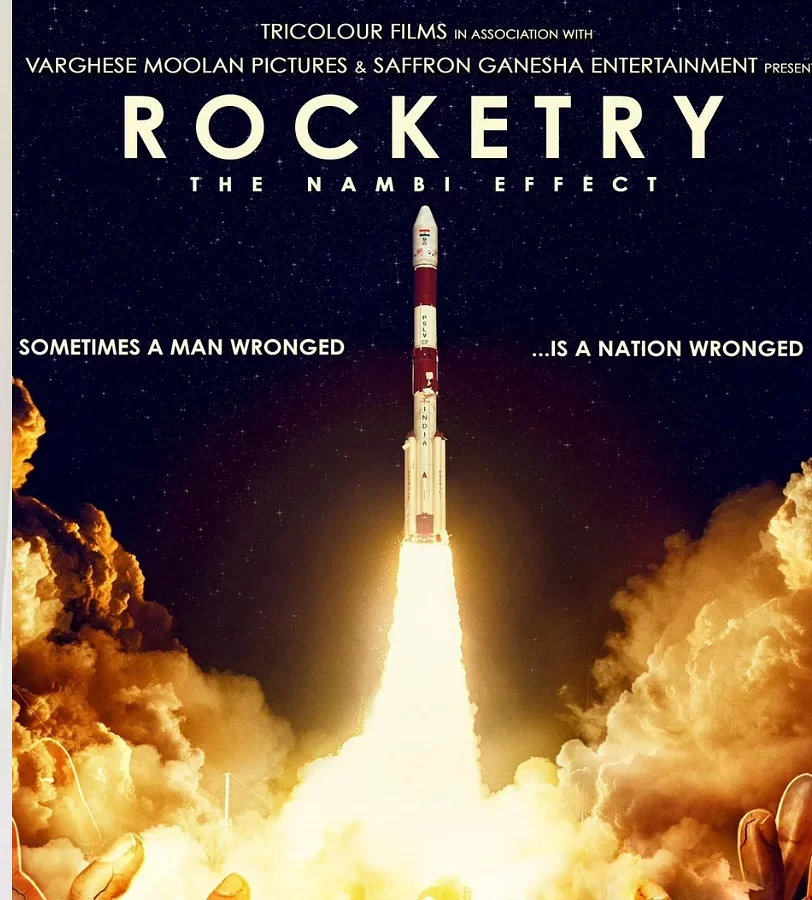MUMBAI: The Asia Pacific Screen Awards has announced the international jury in the inaugural Awards. Jury president Shabana Azmi will be joined on the jury by legendary Pusan Festival Director Kim Dong-Ho of Korea, Iranian director Jafar Panahi, UK producer Nik Powell and Chinese filmmaker Tian Zhuangzhuang.
The international jury will meet on the Gold Coast, Australia, from 5 November to determine the winners in the inaugural Asia Pacific Screen Awards, to be announced at the awards ceremony on 13 November. 34 films from 19 countries in the Asia-Pacific region are nominated in the awards.
APSA Chairman Des Power said, “The Asia Pacific Screen Awards initiative is strongly committed to cinematic excellence and the promotion of the region’s respective cultures through film. Under the presidency of India‘s Shabana Azmi, we have the distinction of having a distinguished, highly credentialed jury. The APSAs are the highest honour for filmmakers in the region. The calibre of this jury attests to the seriousness of the decision-making process. Many outstanding films have been nominated so the task is not at easy one. I am deeply grateful to all the jury members.”
The Asia Pacific Screen Awards engages CNN International, UNESCO and FIAPF, the International Federation of Film Producers Associations, in partnership to acclaim films that best reflect their cultural origins and cinematic excellence. The International Federation of Film Producers Associations (FIAPF) has endorsed the Asia Pacific Screen Awards Charter. The Director General of UNESCO has given his formal endorsement for the Asia Pacific Screen Awards to be conducted under the auspices of UNESCO.
Jury president Azmi has acted in more than 140 films and is renowned for her portrayals in films such as Deepa Mehta’s Fire, Shekhar Kapur’s Masoom and Satyajit Ray’s Shatranj Ke Khilari. International film roles include John Schlesinger’s Madame Sousatzka, Nicholas Klotz’s Bengali Night, Roland Joffe’s City of Joy and Ismail Merchant’s In Custody. She’s bagged the Silver Hugo Award for Best Actress at the 32nd Chicago Film Festival, five Indian National Awards as Best Actress and many more. She is the only Asian actor to have a retrospective of her films at the New York Film Festival (2002). Azmi, a noted activist was appointed Goodwill Ambassador for the United Nations Population Fund and in 2006 and was also awarded the Gandhi Foundation International Peace Award.
Kim Dong-Ho is the founding director of Korea‘s world-renowned Pusan International Film Festival and is also currently the Vice Chairman of NETPAC, the Network for Promotion of Asian Cinema. In October 2007, he was conferred by the government of France with the honour of Officier de l’ordre des Arts et des Lettres. He was previously named a Chevalier in 2000, before the designation of this new, higher title. In 2006, he received the Deauville City Medal from Deauville City in France and in 2000 he was awarded a Busan Culture Award. Since 1997, Kim Dong-Ho has served on the juries of many international film festivals. He had consecutively filled various government posts at the Ministry of Culture and Tourism (formerly known as Ministry of Culture and Information) for 27 years. In addition, he served as the President at the Korean Motion Picture Promotion Corporation and at the Seoul Arts Center.
Jafar Panahi has received 52 prestigious international and national awards. After directing 5 short films and acting as an assistant director for some acclaimed directors, like Abbas Kiarostami in Through the Olive Trees, Panahi made his debut feature, The White Balloon in 1995, which turned out to be the event of Cannes `95. The film won three awards. His second film, The Mirror received six international awards. Panahi was decorated as Chevalier des Art et Lettres by the French Ministry of Culture in 1997. His third feature film, The Circle in 2000, was shown in Venice 2000 and received six awards including the Golden Lion and Crimson Gold, shown in Cannes 2003 received the Jury Prize of Un Certain Regard. This film was also awarded the Golden Hugo (Best Film) Chicago Film Festival in October 2003. His latest film, Offside shown at Berlin 2006 was awarded the Silver Bear (Grand Jury Prize).
Nik Powell is a multi-award winning producer and currently the director of the National Film and Television School in Britain. In the early 1970’s Powell set up Virgin Records with Richard Branson and in the space of ten years created a multi-million pound conglomerate. In 1982, Powell went into partnership with Stephen Woolley, proprietor of the Scala Cinema to form Palace Video, followed by Palace Pictures, and then Palace Productions, soon establishing each as highly regarded entities within the film distribution and production industry. Powell has acted as executive producer on all of Palace’s productions. He was appointed director of the National Film and Television School in 2005, although he remains as non-executive chairman of Scala Productions. He currently also holds positions as Vice Chairman of the board of the European Film Academy, Vice Chairman of the BAFTA film board and member of the BAFTA board of trustees, member of the US academy: AMPAS, director of the board of the Northern Ireland Film and TV Commission and chairman of its Film Investment Fund Committee 2003 to 2007, council member of BAFTA and member of BAFTA Film Committee, member of the council of PACT, member of British Screen Advisory Council and member of European Producers Club and Vice Chairman of the GEECT Board.
Tian Zhuangzhuang’s third feature film Horse Thief (1985) won large audiences in Europe and North America, and is now seen as one of the cornerstones of ‘Fifth Generation’ film-making: a modern classic. Between 1994 and 1997 he ran the company Pegase within Beijing Film Studio and produced four features by young directors; he also acted in one of them, How Steel is Forged, directed by Lu Xuechang. In 2002, his film Springtime in a Small Town won San Marco Prize at the 59th Venice International Film Festival. In 2003, he set up BDI Films Inc. in Beijing majoring on HD films for young generation of directors. Also in 2003 he directed his first documentary film – Delamu and in 2006 he finished his new feature – The Go Master.




